In the realm of diabetes management, innovation is key to improving the quality of life for millions. Among the latest advancements is Rybelsus—a groundbreaking oral medication for managing type 2 diabetes that has transformed the landscape of diabetes care. In this article, we explore the science behind Rybelsus, its historical context, and its impact on diabetes management.

The Evolution of Diabetes Medications
To appreciate the significance of Rybelsus, it’s essential to understand the historical context of diabetes treatments. Diabetes mellitus has been known to humanity for centuries, with early treatments largely focused on dietary changes and herbal remedies. The real turning point came in the early 20th century with the discovery of insulin.
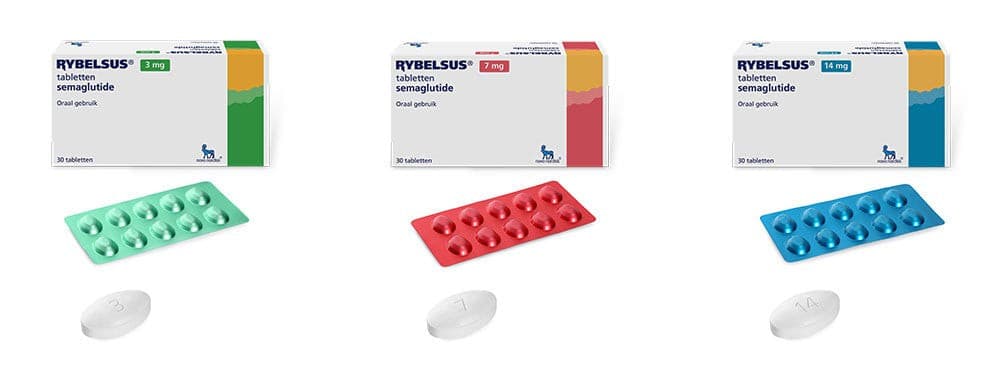
Insulin: A Paradigm Shift
In 1921, Canadian researchers Frederick Banting and Charles Best made the monumental discovery of insulin. This discovery was a game-changer, transforming diabetes from a fatal disease into a manageable condition. Initially, insulin was administered via injections, and while this method proved effective, it was not without challenges.
For decades, patients with diabetes relied on injectable insulin, which, although lifesaving, posed practical challenges. The desire for an oral alternative became a driving force in diabetes research.
The Rise of Oral Medications
The quest for oral diabetes medications began in earnest in the mid-20th century. Early oral medications, like sulfonylureas, helped manage blood glucose levels by stimulating the pancreas to produce more insulin. However, these early drugs had limitations and side effects that prompted further research.
The late 20th and early 21st centuries saw significant advancements, including the development of metformin, which remains a cornerstone in diabetes management today. Metformin works by decreasing glucose production in the liver and improving insulin sensitivity.
Enter GLP-1 Receptor Agonists
The discovery of glucagon-like peptide-1 (GLP-1) and its role in glucose regulation marked a new era in diabetes treatment. GLP-1 is a hormone released in the gut that stimulates insulin secretion, inhibits glucagon release, and slows gastric emptying. These actions collectively help regulate blood glucose levels.
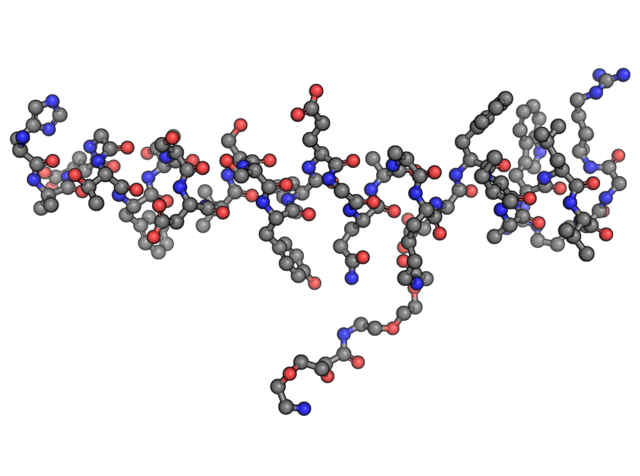
Injectable GLP-1 Receptor Agonists
The first GLP-1 receptor agonists, such as exenatide (Byetta) and liraglutide (Victoza), were developed as injectable medications. They provided significant benefits in blood glucose control and weight management but were limited by the need for injections.
The Breakthrough: Rybelsus
The introduction of Rybelsus represents a major breakthrough in diabetes treatment. Approved by the FDA in 2019, Rybelsus is the first oral GLP-1 receptor agonist. Its approval was a milestone in diabetes care, offering patients the benefits of GLP-1 receptor agonists without the need for injections.
The Science Behind Rybelsus
Rybelsus contains semaglutide, a synthetic version of the GLP-1 hormone. Semaglutide mimics the effects of natural GLP-1, enhancing insulin secretion in response to high blood glucose levels, reducing glucose production by the liver, and slowing gastric emptying. These combined actions help maintain more stable blood glucose levels and contribute to weight loss.
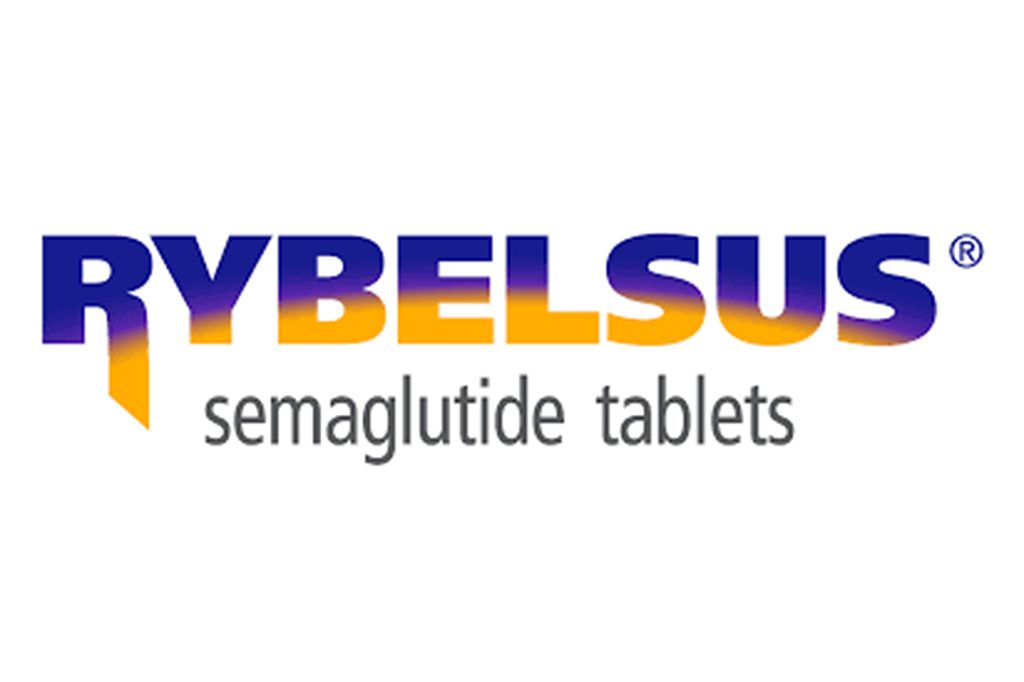
One of the unique features of Rybelsus is its formulation. The oral tablet utilizes a special delivery system that protects semaglutide from degradation in the digestive tract, allowing it to be absorbed effectively.
Dosage and Administration
Rybelsus is taken once daily, with the dose typically starting at 3 mg for four weeks before increasing to 7 mg. If additional control is needed, the dose can be increased to 14 mg. It is recommended to take Rybelsus on an empty stomach with a glass of water, and patients should wait at least 30 minutes before consuming food or other beverages. This regimen ensures optimal absorption of the medication.
Impact on Diabetes Management
The introduction of Rybelsus has had a profound impact on diabetes management. For many patients, the ability to manage their condition with an oral medication rather than injections is a significant advantage. Rybelsus offers comparable efficacy to injectable GLP-1 receptor agonists in controlling blood glucose levels and promoting weight loss.
Clinical Benefits
Clinical trials have demonstrated that Rybelsus effectively lowers HbA1c (a marker of long-term blood glucose control) and helps patients achieve weight loss. In trials, Rybelsus significantly improved glycemic control compared to placebo and was associated with a reduction in body weight, making it a valuable option for individuals struggling with obesity and diabetes.
Safety and Side Effects
Like all medications, Rybelsus comes with potential side effects. Common adverse effects include nausea, diarrhea, and abdominal pain. However, these side effects are generally manageable and diminish over time. Serious side effects, though rare, include pancreatitis and thyroid cancer. It is essential for patients to discuss their medical history and any potential risks with their healthcare provider.
Looking Ahead: The Future of Diabetes Treatment
The development of Rybelsus represents a significant advancement in the treatment of type 2 diabetes, but it also marks a broader trend towards more patient-friendly treatment options. The success of Rybelsus may pave the way for further innovations in oral diabetes medications and other therapeutic areas.
Rybelsus – the newest Novo Nordisk wonder medicine
Rybelsus stands as a testament to the progress made in diabetes care over the past century. From the discovery of insulin to the development of oral GLP-1 receptor agonists, the journey of diabetes treatment has been one of continuous improvement and innovation. Rybelsus not only provides a new option for managing blood glucose levels but also enhances the quality of life for patients by offering an effective, non-injectable alternative.
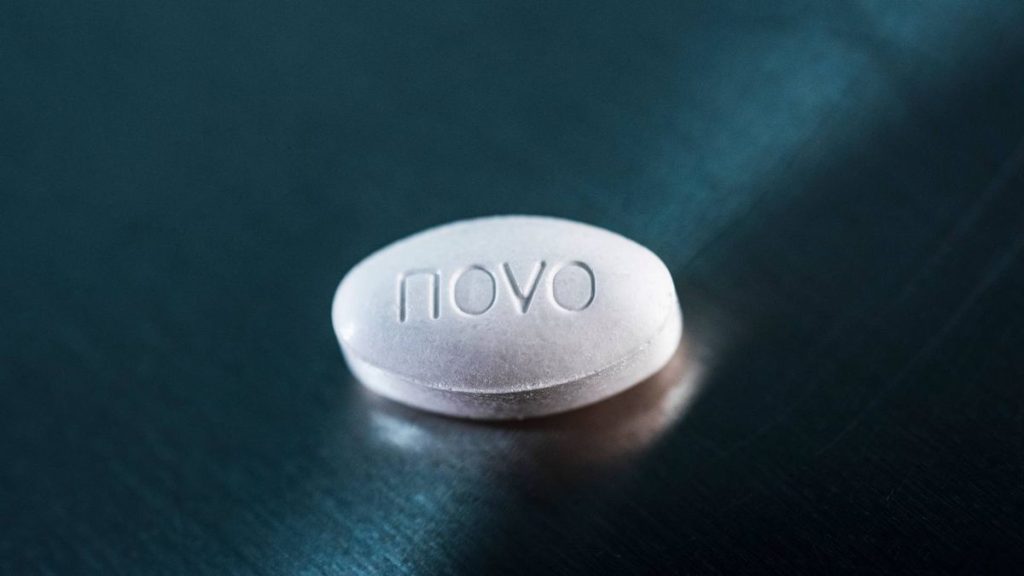
As research and technology continue to advance, the future of diabetes management looks promising, with the potential for even more groundbreaking treatments on the horizon. For now, Rybelsus offers hope and a new pathway to better diabetes control for those who need it most.
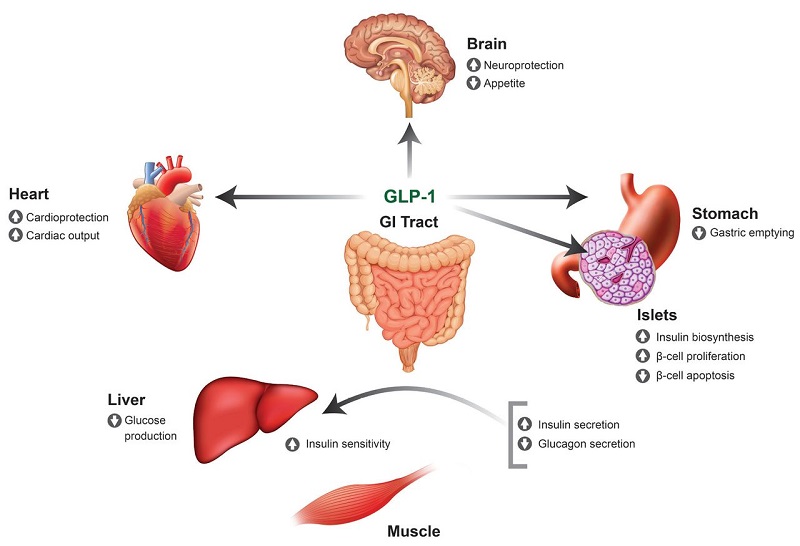
Check the differences and prices for these medications.

